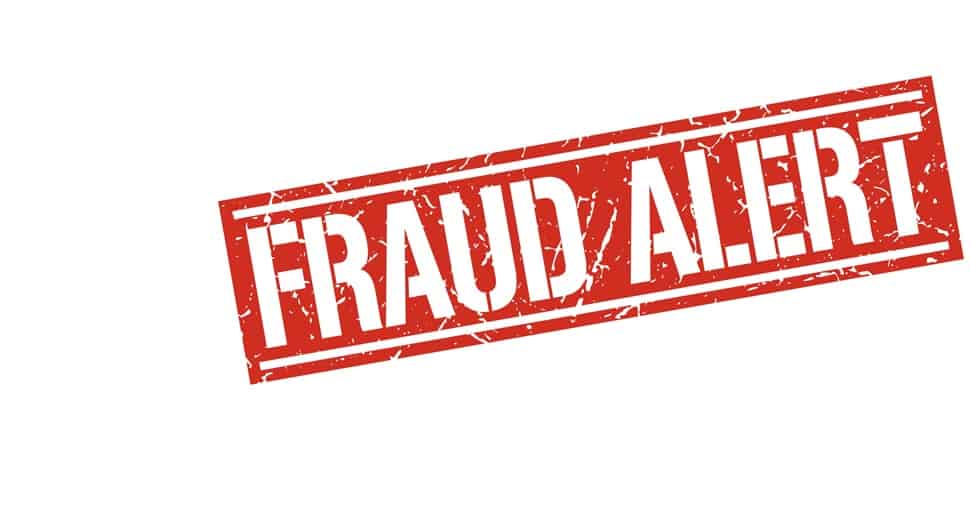‘Unpaid bill’ and scam prompts police warning in Ontario
Published September 17, 2024 at 10:50 am

Durham Regional Police are warning residents about a new scam making the rounds which requests money for unpaid bills.
Victims have received calls from fraudsters claiming to represent their power company. The caller claims the victim is behind on their payments and will soon have their power cut off.
They then demand an e-transfer payment from the victim to pay the balance. However, police stress this is never how power companies will ask for payment. It simply is not how legitimate payments are processed.
In a similar scam, the caller claims they are from a bank or a cell phone company. They claim they can get the victim a good deal on new phones in exchange for help catching “bank criminals.” They then say they need remote access to the victim’s computer in order to track these fictitious criminals.
Once in the computers, the real fraudsters gain access to personal files, private documents and potentially banking information.
“Never allow remote access to an unverified person. The safest way to ensure you are not being defrauded is to physically go into a bank branch or call the phone company directly,” police said.
“Please be aware of these scams as well as all other common scams,” they continued, “Knowledge is the key to staying safe and in control. If it’s too good to be true, it is. Spreading this information to loved ones and friends is your number one tool for prevention and safety.”
Fraudsters have numerous methods of separating victims from their money such as claiming;
- “Suspicious bank activity,”
- “a package on hold”
- “job hiring“
- the “grandparent scam“
- CRA and tax return scams
- repayment scams
- “suspended” Social Insurance Number
Here are the Canadian Anti-Fraud Centre tips for avoiding these types of scam:
- Don’t click on links from unsolicited messages
- Don’t download attachments from unsolicited messages
- Watch for spelling mistakes
- Don’t trust a message just because the email address looks legitimate; fraudsters can spoof the address
- Beware of messages claiming to be from the Government of Canada or a law enforcement agency; they will never contact you to offer funds via email or e-transfer
INsauga's Editorial Standards and Policies



